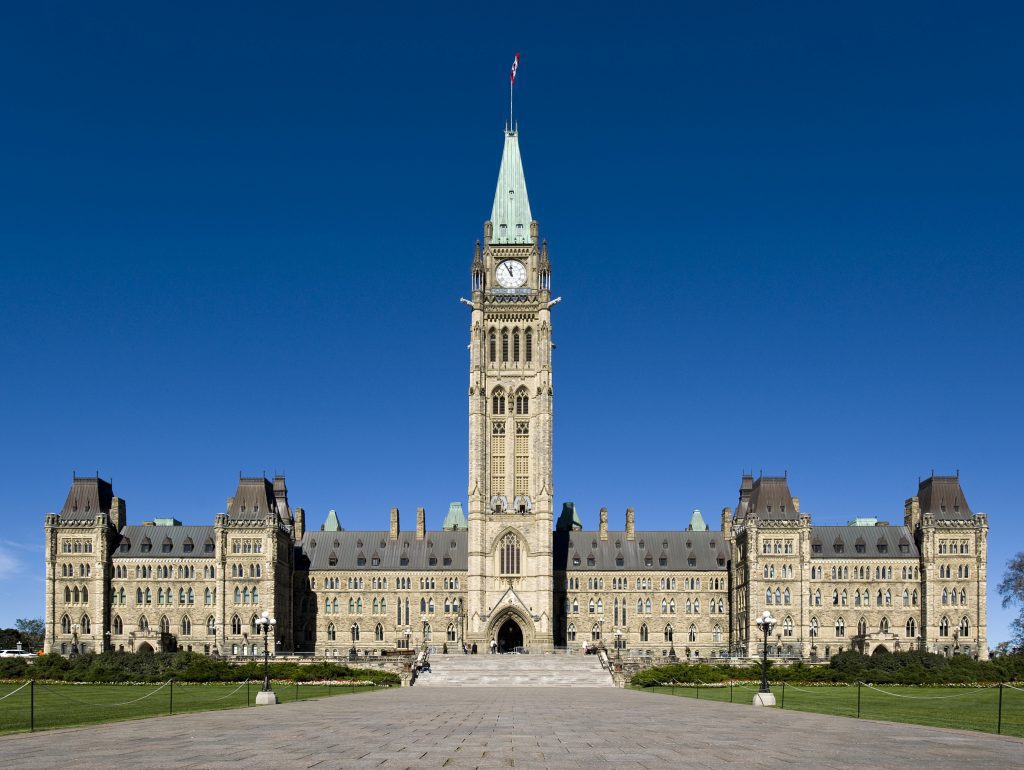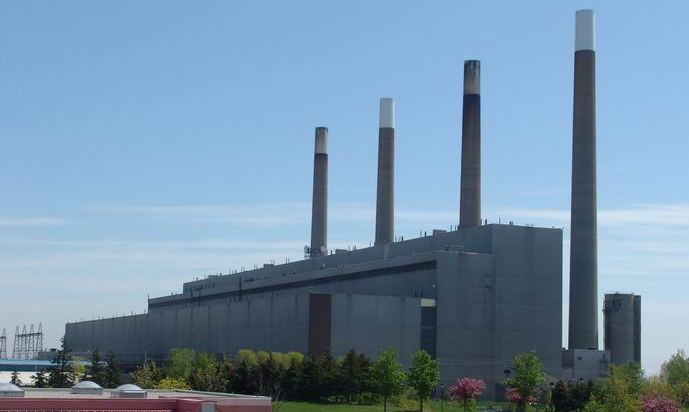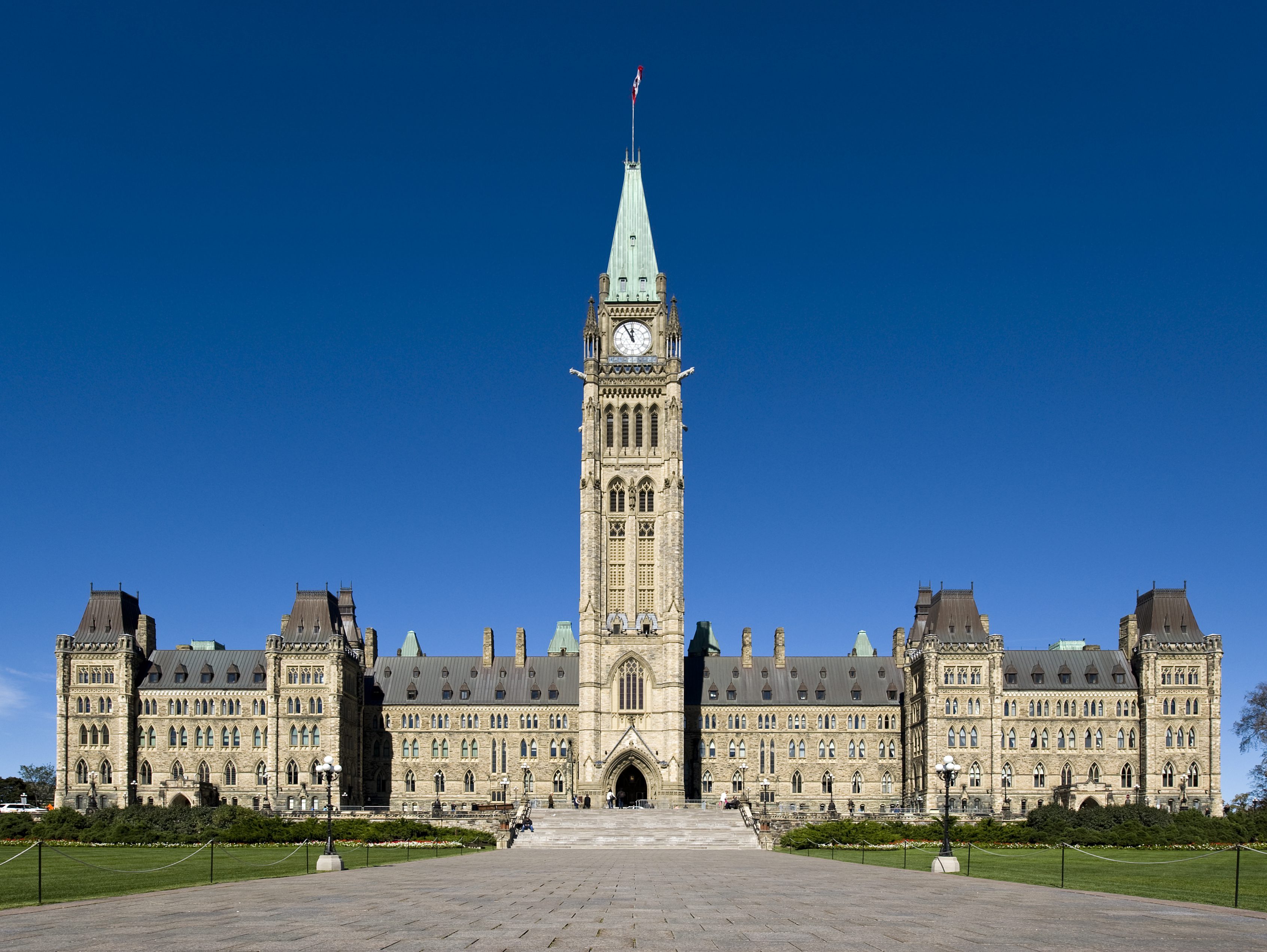In a CTV interview last week, Leader of the Opposition Andrew Scheer promised Canadians that his party will develop a detailed and meaningful climate change plan. He also committed to reaching Canada’s 2030 Paris climate target if his party won the next election.
This is welcome news. It confirms that all of Canada’s political parties are in favour of reducing the country’s carbon emissions in line with our 2030 commitments.


However, there were some worrisome aspects to Mr. Scheer’s interview. He said he would repeal the federal legislation that puts a price on carbon across Canada. (Provinces can choose whether to do it by applying a carbon tax or by implementing a cap-and-trade system.) That legislation, which is now going through the House of Commons, will make polluters pay for their carbon pollution, and boost clean energy production.
It’s not the only carbon policy we need but it is part of a common sense solution to climate change. That’s why seven of the ten largest economies in the world use it. It’s also in place already in four provinces – the same four that led Canada in economic growth in 2017.
Instead, Mr. Scheer suggested that he would follow former Prime Minister Stephen Harper’s approach to reducing carbon emissions. That approach, stated repeatedly by the former Prime Minister and his various environment ministers, was to regulate emission reductions on a sector-by-sector basis. This means government setting rules for how much, and sometimes how, polluters will need to reduce carbon emissions.


Hey, that approach could potentially work. There are many examples of government regulations being used to reduce many different forms of pollution, including carbon emissions. For example, the biggest reduction in carbon pollution ever in North America came when Ontario regulated the shutdown of its coal-fired power plants. By taking incentives such as a carbon price off the table, I’m sure Mr. Scheer understands that regulations will have to be much more stringent to achieve the same reduction target.
Most worrisome is how the previous government’s approach actually panned out…or more accurately, didn’t pan out. Over the course of ten years of governing, very few regulations were passed to reduce carbon going into the atmosphere. Oil and gas companies, the largest and fastest growing source of carbon emissions, were completely ignored. The result is that the only time that carbon emissions went down during the decade of Conservative rule was the period after the global economic crisis of 2008 and 2009, when Canada and the rest of the world was going through what was called the Great Recession.
(To be fair, previous Liberal governments were also loathe to introduce strong climate policies. Consequently, carbon emissions went up under former Prime Ministers Chrétien and Martin era as well.)
I look forward to seeing Mr. Scheer’s climate change plan to achieve Canada’s 2030 carbon reduction target. It will be interesting to see which climate policies the Leader of the Opposition chooses (industry regulations? government spending programs? clean energy subsidies?) to achieve the target without the use of market mechanisms such as putting a price on carbon pollution.







